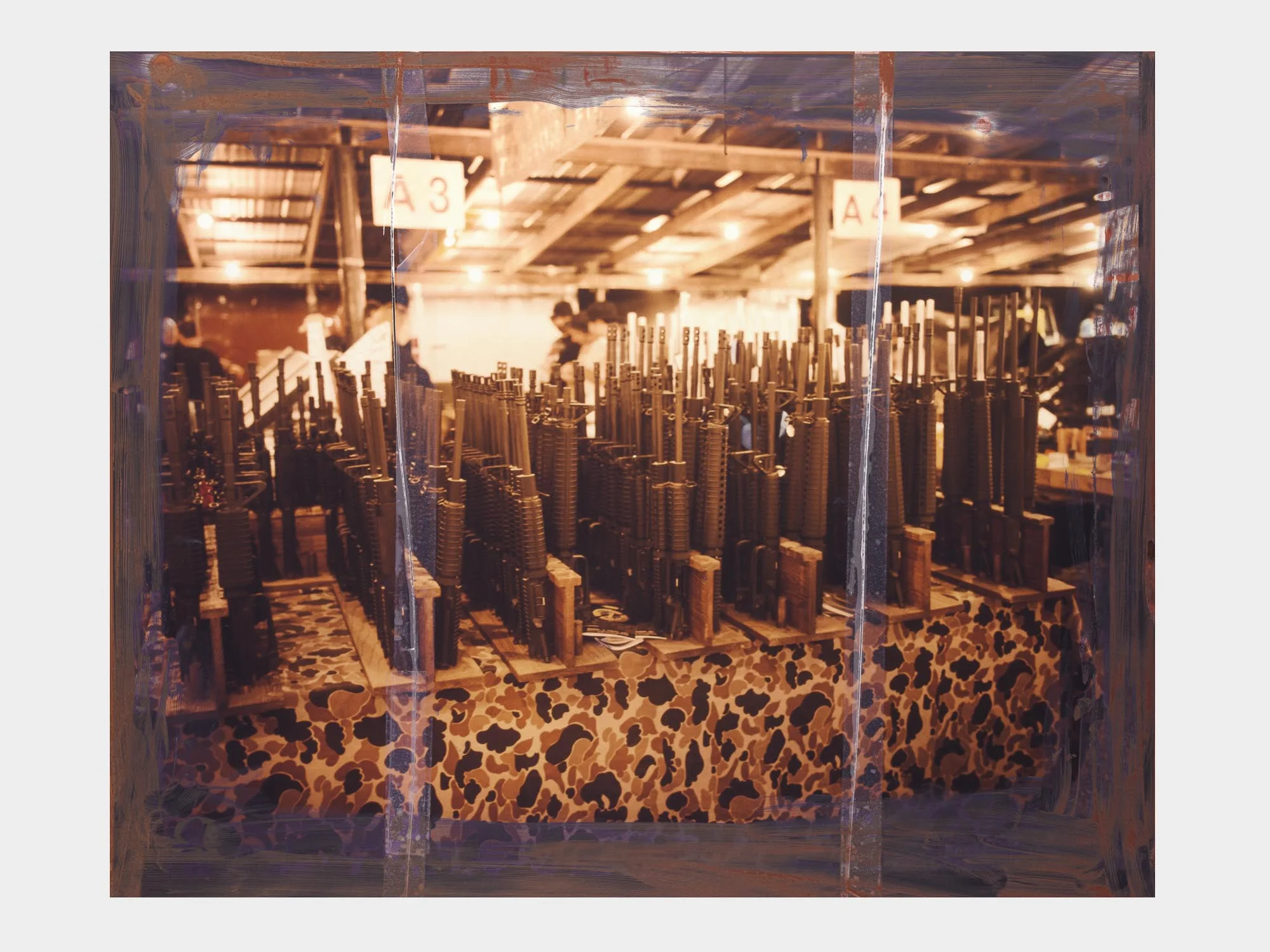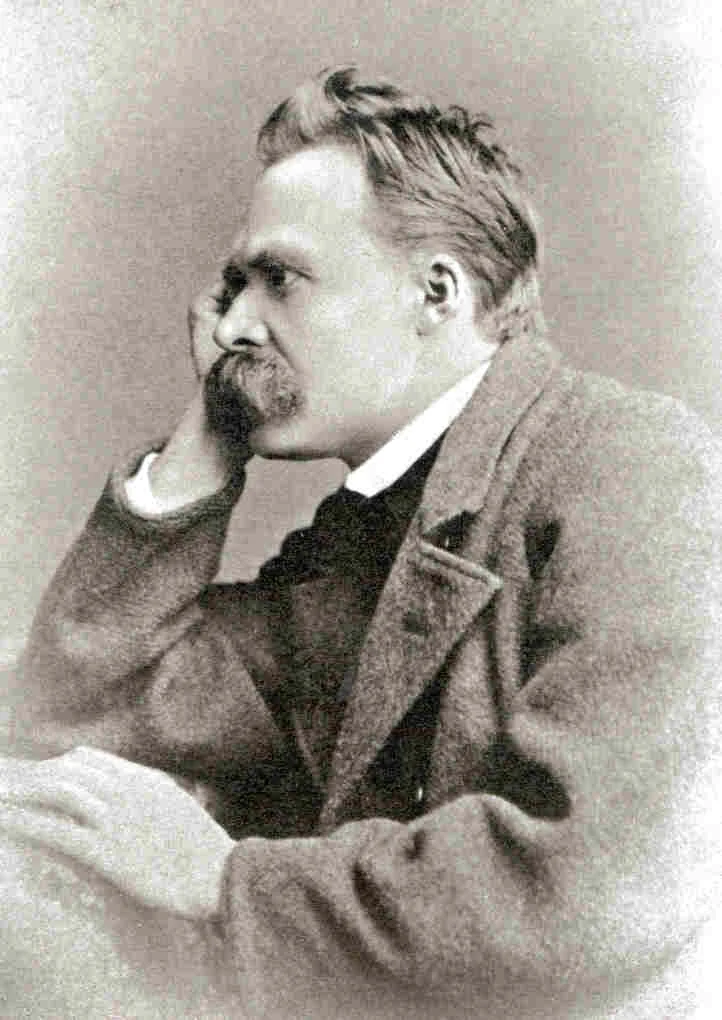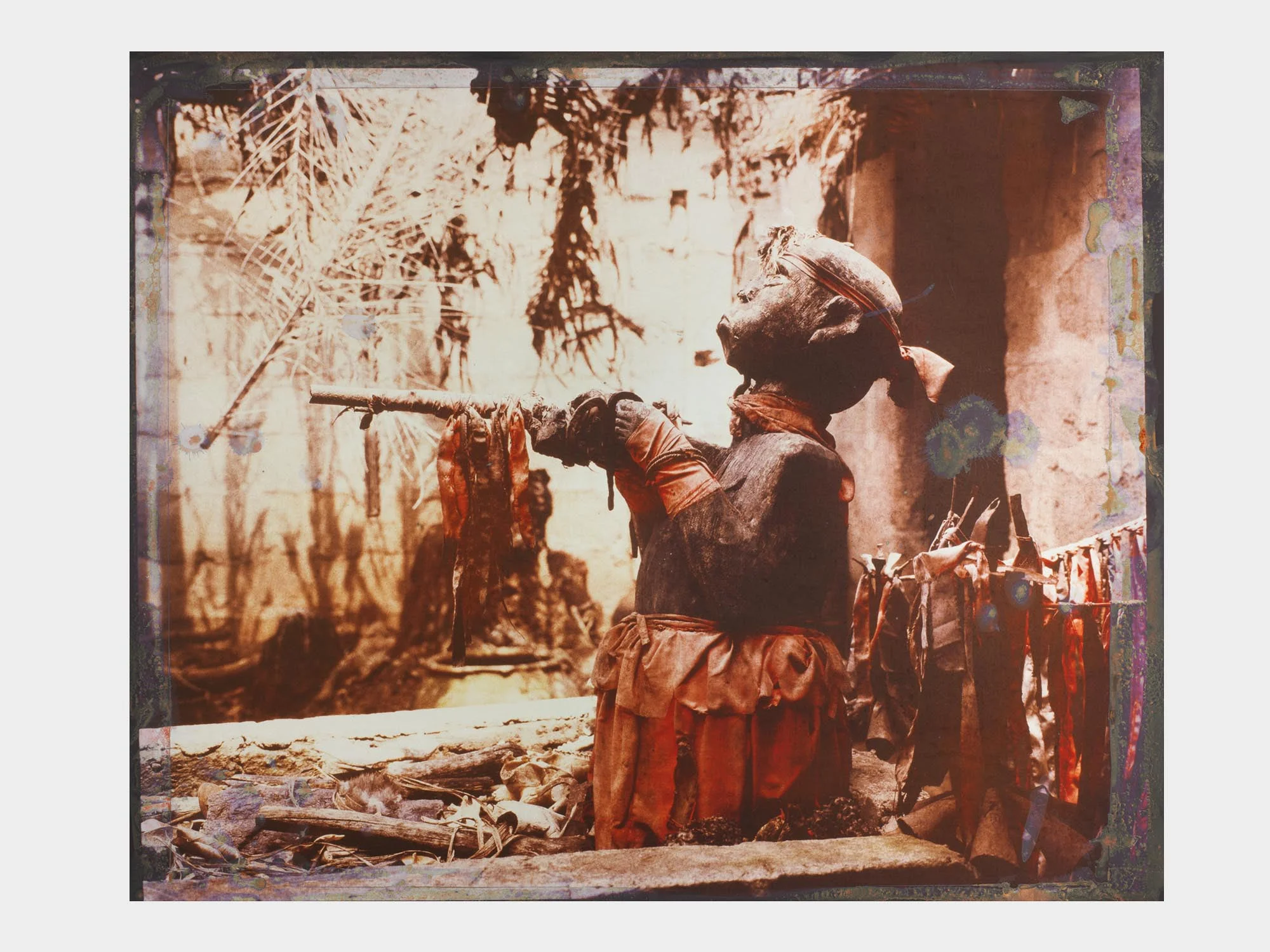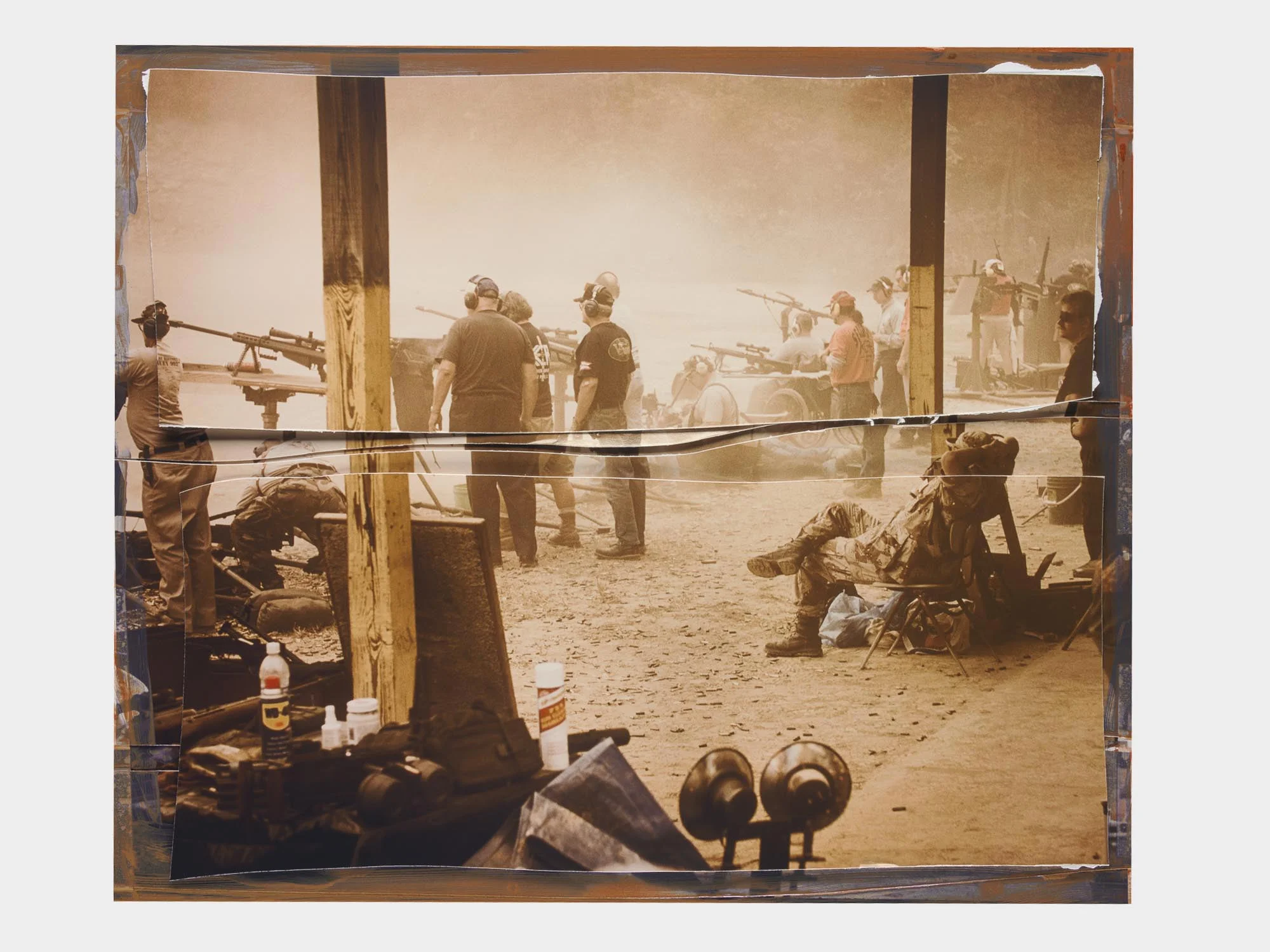Are we Simply Heads in the Herd?
05° - Other Walk (32 of 125 film extras)
"The delight in the herd is more ancient than delight in the I; and as long as the good conscience is identified with the herd, only the bad conscience says: I" wrote Nietzsche.
Every generation seems to fight harder and deeper to defend the sacred threads of a contemporary self, paradoxically defined by the herd around it. Over time, mediums come along that alter the nature of these threads — a Pandora’s box of possibilities that include the Guttenberg Press, the Industrial Revolution, and the Information Age we find ourselves in now. They have all, in different ways, extended the reach of a 'self' — from our voices to our physical movements, to our inner thoughts. However, over time, we find ourselves arguing not over more profound observations about ourselves within these inventions, but who has the right to draw the most convenient conclusions about them — conclusions that often covet the most digestible opinion while punishing those of dissent. Having witnessed these arguments countless times, it seems we can overestimate our abilities for thoughtful perceptions, often seeing only what we wish. Perhaps the fractured 'identity' movements in this era's rapid feedback loops have given us a skewed sense of a world created for mere 'likes' or 'dislikes'?
• • •
I have long heard criticisms for what art, science, myth, and philosophy represent or should represent. Becoming anti-art, anti-science, anti-myth, anti-intellectual, or even anti-populist has become somewhat fashionable, preferring to bend reality into whims and desires with little desire to articulate what gives them their broader shape. Perhaps this is rooted in the idea that any person or group who feels the need to tackle the world of perceptions is merely a great egoist? I've encountered this in my own experiences from those close to those far. The irony is, of course, that the many who instinctually destroy in the name of freedom are also those who blindly follow. And in truth, the disciplines of the arts and sciences can sometimes hide behind their own myths of freedom, providing little effort to contextualize or connect their discoveries. Those who remain dedicated to their craft and its thinking are voices that question our foundations, and more importantly, question the sometimes extraordinary and disastrous measures of our pasts. It remains necessary for us as both audiences and authors to connect in these moments and the influences shaping them (be it through art, science or philosophy) and to not fall victim to what Nietzsche described as herd moralities — a blending together of objectivity and subjectivity into a moral void.
Friedrich Nietzsche
Exploring parts of Nietzsche's thinking reveals an often uncompromising thinker. Nietzsche's ideas shatter many of the comfortable assumptions of religion and science. His was a world not just bereft of God but of many of humanity’s common beliefs. In the wake of the death of God and its implications on a culture's morality, he spoke of a type of 'revaluing' the possibility of our nature. Central to his philosophy was the idea of 'life-affirmation,' which candidly questions the attitudes of power, however socially innate they may be. His work was awe-inspiring in magnitude and originality. However, the beliefs in his work were also amongst the most distorted and devastatingly misaligned in history, as was reflected in the movement of the Third Reich, which bent his thinking into a disastrous ideology. Had he been alive to witness it, he would have been crushed. Nietzsche's approach was far more subtle and nuanced than history can sometimes summon. Although he understood the sufferings and pains of life, he set out on a quest to find life's grand affirmations.
For Nietzsche, the concept of herd thinking was one that he objected to because he felt that it placed an absolute automatic value where none had been tested. It was a belief that would impose a false sense of power while abandoning all significant responsibilities to it. He felt the 'herd' movement was vulnerable to these lower aspects of our being, without the higher possibilities of uncomfortable thought — or a process of working out difficult issues.
07˚ - Other Promise (Shop #17)
10° - Other Tribe (World's Largest Machine Gun Shoot)
These types of thought placed particular importance on one's standard definitions — or ideas that only feel right, creating herd-like thinking and beings in the process. Nietzsche thought that this was a devastating way to live and could have catastrophic effects on our whole. It could hold us from the rigour of higher moral meaning while submitting to the simplicity of only digestible beliefs.
This critique continues to reverberate in our current media driven landscape. As he foresaw in his philosophy, our 'living' equations can sometimes reinterpret themselves in broader public discourse. Nietzsche adds a compelling summary in his Genealogy of Morals about our vulnerable ways of dogmatically reinterpreting things:
"impotence becomes goodness of heart, craven fear becomes humility, submission becomes ‘obedience’, cowardice and being forced to wait become patience, the inability to take revenge becomes forgiveness, the desire for revenge becomes a desire for justice, a hatred of one’s enemy becomes a hatred of injustice."
08° - Other Taste
08° - Other Taste
08° - Other Taste
What keeps these ideas so current is that Nietzsche probes our thinking as a base 'operating system'. He believes morality can uncover a network of errors that we have incorporated into our habituated ways of thinking, feeling, and living. These habituated philosophies remain a profound reminder of our self-ignorance. We see ourselves incompletely, with illusory features, through ‘false ranks’ that seem inherently above others and nature, while inventing and accepting ever new, unwavering standards of what is 'right'. However, he suggests we shouldn't feel uneasy — this is a drive that can continually propel us toward certain truths. But to do so, he believed we would need to think beyond the simple polarities of 'good and evil'. For Nietzsche, these defaults seemed to simplify and distill moralities by assuming a knowledge of things we simply didn't have.
11° - Other Prayer (Voodoo Deity, West Africa)
10° - Other Tribe (World's Largest Machine Gun Shoot)
Like most thinkers and artists that endure, Nietzsche lays down a challenge to his readers, setting a task of learning to read not just him, but ourselves as well. He acknowledges that his forms of writing can cause difficulty, but emphasizes that a full understanding of his aphorisms requires an ‘art of interpretation’ that unfolds our meanings in practice (the German word is Auslegung, or a 'laying out'). This idea is one that my own practice exercises through the two volumes and I hold especially important. The paradox of Nietzsche's profound thinking lies in the fact that despite the vulnerabilities of herd beliefs, it also holds the transformative power to unify and transcend us as groups — think of concerts, communal gatherings or our political collectives. However we choose to navigate them, his thinking remains an essential tool to help distinguish meaning and purpose from both life inside the herd, and life outside of it.
— michael graf










